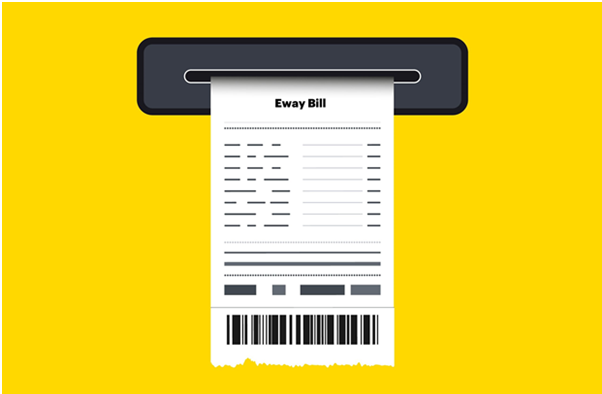
This milestone underscores the
resilience and vibrancy of India’s supply chain industry, reflecting a robust
trajectory in logistical operations.
In a noteworthy development, the average daily E-way bill generation
for the calendar year 2023 stood at 29.15 lakh bills. However, January 2024
surpassed expectations, witnessing a significant surge with 30.96 lakh E-way
bills generated per day. February 2024, in turn, set a new benchmark with an
impressive 33.55 lakh E-way bills generated daily, eclipsing the previous
records.
The surge in E-way bill generation mirrors the upward
trajectory of India’s Goods and Services Tax (GST) collection, reflecting the interplay between tax compliance and
logistical efficiency. Notably, October 2023 previously held the record for the
highest monthly E-way bill generation, with an average of 32.36 lakh bills
generated per day.
India records highest E-way
bill generation numbers, reflects better resilience
A number of factors contribute to this never before
surge in E-way bill generation. To
start with, increased compliance checks by the GST department have played a
pivotal role in fostering adherence to regulatory norms, thereby bolstering
E-way bill generation. The concerted efforts of regulatory authorities and
stakeholders have instilled confidence in the compliance framework, fostering a
culture of transparency and accountability within the supply chain ecosystem,
and continued increase in the economy in general.
The All India Transporters Welfare
Association (AITWA) has been closely monitoring the trends in E-way bill
generation, recognizing its significance in gauging the pulse of the road
transport sector. As a substantial portion of E-way bills is generated for road
movements, the positive trend observed in recent months augurs well for the
logistics industry. AITWA remains
optimistic about the continued momentum in E-way bill generation, anticipating
further growth in the ensuing months.
The E-way bill system serves as a cornerstone of
India’s supply chain industry,
facilitating seamless movement of goods across state borders. Its significance
extends beyond mere documentation, offering tangible benefits to businesses,
regulatory authorities, and the economy at large.
E-way bill generation streamlines
logistics operations by providing a digital framework for documenting the
movement of goods. This enhances operational efficiency, minimizes paperwork,
and reduces transit times, thereby fostering a conducive environment for trade
and commerce. The mandatory requirement
of E-way bills ensures greater tax compliance, mitigating the risk of tax
evasion and revenue leakage. By mandating the generation of E-way bills for
inter-state and intra-state movements of goods, the government reinforces its
commitment to fostering a transparent and accountable tax regime.
The E-way bill system catalyzes India’s journey
towards digitalization, aligning with
the government’s vision of a digitally empowered economy. By leveraging technology
to automate processes and digitize documentation, the E-way bill system
promotes efficiency, transparency, and ease of doing business.